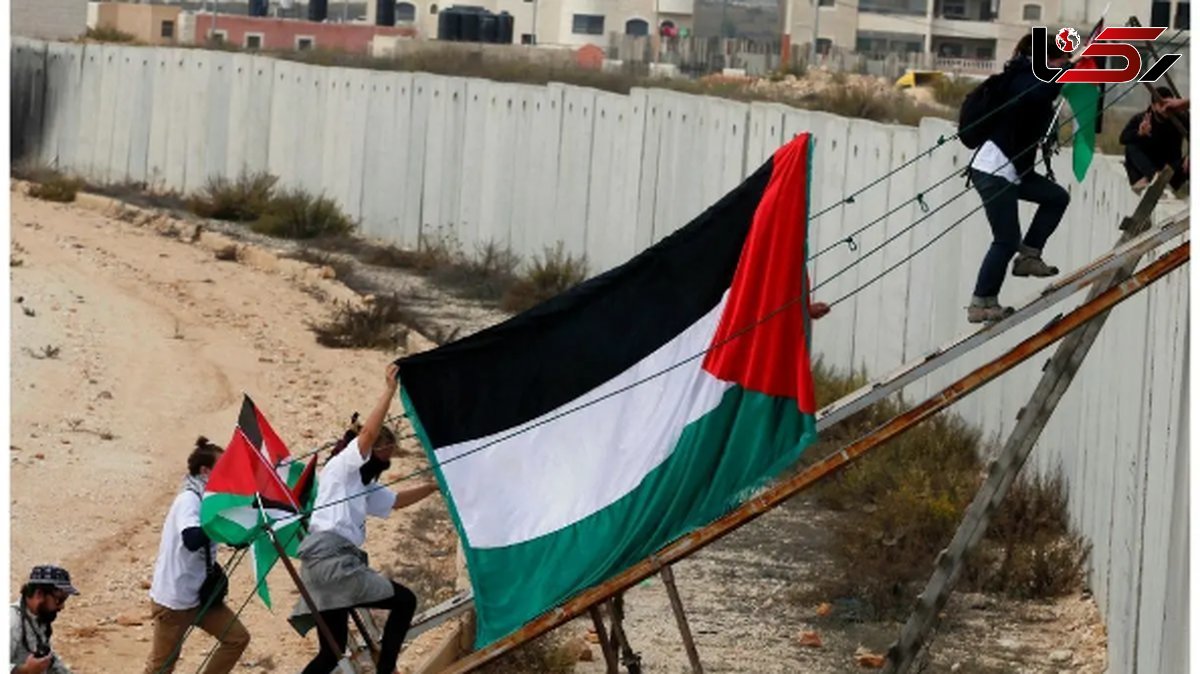U.S. Official:
Latest on Gaza Ceasefire Talks — Key Details and Remaining Challenges
Rokna Political Desk — Ceasefire negotiations over Gaza, involving representatives of Hamas and Israel in Sharm el-Sheikh, continue as mediators from the United States, Qatar, Egypt and Turkey work to finalize the terms of an agreement.

A U.S. official said the talks are expected to last “several days,” that many details remain unresolved, and that the role of a security force after the war will also be discussed.
According to Rokna, CNN on Monday quoted a knowledgeable source saying negotiations between Hamas and Israel in Sharm el-Sheikh are expected to continue for “several days,” with mediators from the United States, Qatar, Egypt and Turkey in attendance.
The official told CNN that Steve Witkoff, the special envoy of U.S. President Donald Trump, and Jared Kushner, the president’s son-in-law, will travel to Egypt to take part in the talks.
CNN reported that it is unclear whether Witkoff and Kushner will arrive in Sharm el-Sheikh today or later in the week, but delegations representing Hamas and Israel are already in Egypt.
Mediators are working to finalize the details of the proposal that the Trump administration unveiled last week.
The official said the new Trump plan differs from earlier negotiation formats that envisaged a three-stage ceasefire for Gaza.
Under previous proposals, Hamas would have released hostages gradually while Israel would stage phased withdrawals from the Gaza Strip. However, talks about those phased steps had stalled the negotiations.
The official added: “Mediators are now deliberately trying to avoid the previous model.”
CNN asserted that, under the current plan, Hamas would be required to release all hostages, while Israel would free Palestinian prisoners and withdraw its forces from agreed lines on a negotiated timetable.
Nevertheless, the official warned that many details remain and must be resolved over the next few days.
The timetable and specifics of Israel’s withdrawal have not yet been finalized, and complex issues — such as governance in Gaza and the establishment of an International Stabilization Force (ISF) — remain on the agenda.
The official said countries under consideration to participate in the ISF include the United Arab Emirates, Jordan, Indonesia, Pakistan, Turkey, Saudi Arabia, Qatar and Egypt, though “the precise meaning of this role” is still being negotiated.
The official concluded: “The talks in Egypt are designed to address the specific details.”
On 29 September 2025 (7 Mehr 1404), the U.S. President unveiled his 20-point plan for a ceasefire in Gaza at a joint press conference with Prime Minister Netanyahu. Although the 20-point Trump plan is presented as aiming to end the Gaza war and rebuild the territory, it has drawn sharp criticism from a range of actors — from Palestinian groups to human-rights organizations and some Western analysts.
On 3 October 2025 (11 Mehr 1404), Hamas issued a conditional response to the Trump ceasefire plan, agreeing to a complete halt to fighting, prisoner exchange and independent administration of Gaza, while insisting that Gaza’s future be considered within a framework that protects Palestinian national interests.
Hamas said its response followed broad internal consultations with Palestinian factions and regional mediators, and that it represented a conditional acceptance of certain clauses while calling for collective examination of issues concerning Gaza’s future and the rights of the Palestinian people.
In response to Hamas’s statement, the U.S. President said: “Based on the statement Hamas has now issued, I believe they are ready for a lasting peace. Israel must immediately stop bombing Gaza so we can swiftly and safely release the hostages.”
Send Comments